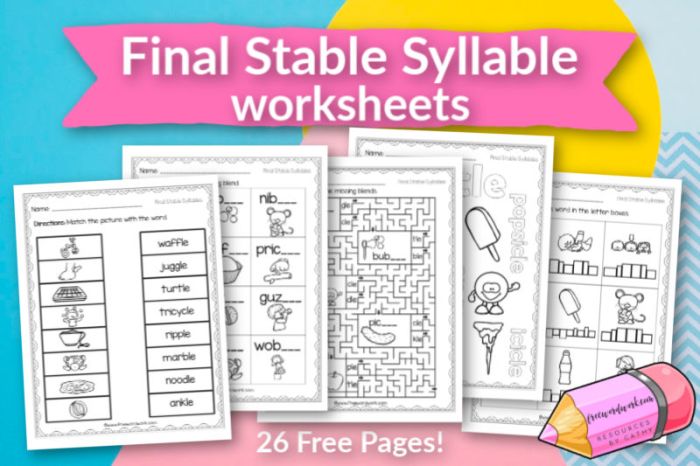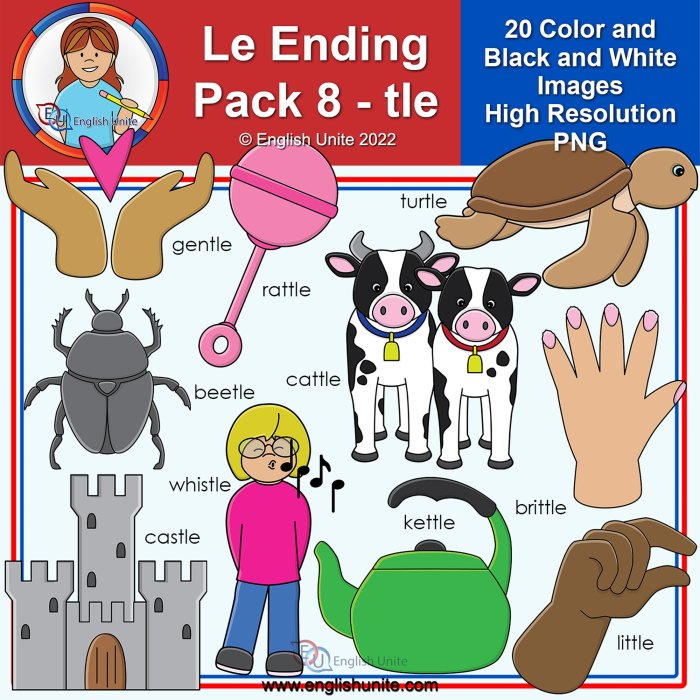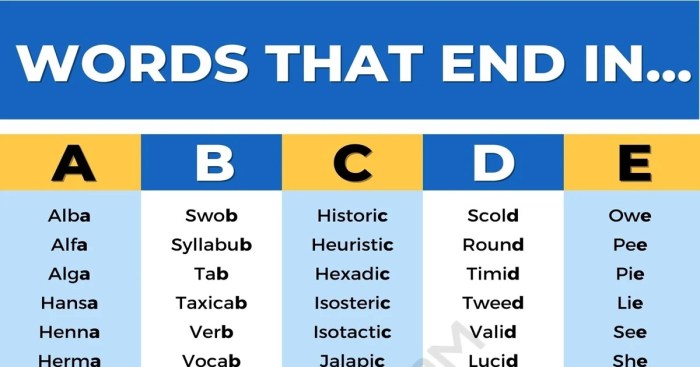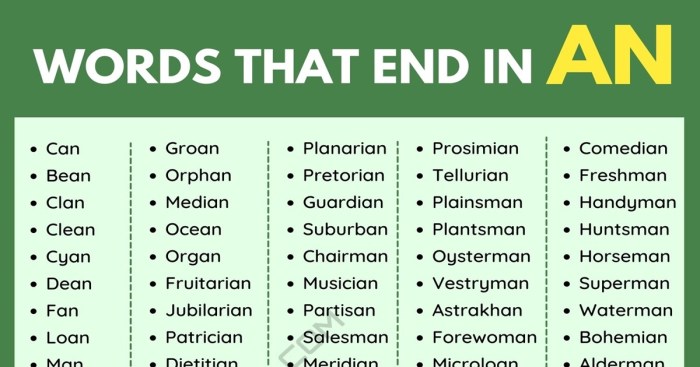Words with tle at the end – Words with ‘tle’ at the end, like little and gentle, evoke a sense of charm and endearment. They are linguistic gems that add a touch of warmth and coziness to our vocabulary.
Delving into the etymology, semantics, and usage of these words, we embark on an enthralling journey that unravels their hidden meanings and stylistic nuances.
Morphological Breakdown

Words ending in “-tle” are a small but distinctive group in the English language. They share a common morpheme, “-tle”, which carries a specific meaning and can be found in various parts of speech.
The morpheme “-tle” typically denotes the idea of “small” or “insignificant.” It can be added to nouns, adjectives, and verbs to create new words with this diminutive meaning.
Nouns
- Little: A small amount or quantity.
- Trifle: A thing of little value or importance.
- Whittle: A small knife for carving wood.
Adjectives
- Little: Small in size or amount.
- Trifle: Insignificant or unimportant.
- Whittle: Small and insignificant.
Verbs
- Little: To make something smaller or less significant.
- Trifle: To waste time on something unimportant.
- Whittle: To carve wood with a small knife.
Etymology and Historical Evolution: Words With Tle At The End

Words ending in “tle” trace their roots to various languages and cultures, undergoing semantic shifts and changes in usage over time.
Indo-European Origins
- Many “tle” words derive from Proto-Indo-European (PIE) roots, such as – tle-(to bear, carry), which gave rise to words like “little” and “title”.
- The PIE root – ket-(to sharpen, cut) also contributed to words like “cuttle” and “nettle”.
Germanic Influence
Germanic languages, particularly Old English, played a significant role in shaping the etymology of “tle” words.
- Words like “battle” and “settle” stem from Old English terms denoting conflict or establishing a residence.
- The suffix “-tle” was commonly added to adjectives in Old English, forming words like “gentle” and “brittle”.
Semantic Shifts
Over time, some “tle” words have undergone semantic shifts:
- “Cattle” originally referred to livestock, but its meaning has broadened to include all domestic animals.
- “Tattle” initially meant “to gossip,” but it now implies malicious or idle chatter.
Usage Changes
The usage of “tle” words has also evolved:
- “Little” was once used as a noun meaning “a small amount,” but its usage has shifted primarily to an adjective.
- “Settle” has expanded from its original meaning of establishing a residence to include resolving disputes or reaching agreements.
Usage in Literature and Language

Words ending in “-tle” have a distinct presence in literary works, contributing to the overall style and tone of the writing. These words often evoke specific emotions and associations, making them valuable tools for authors seeking to create vivid and evocative imagery.
There are a bunch of words in English that end with tle, like little, gentle, and subtle. One of my favorite books with a title that ends with tle is A Devoted Son by Anita Desai. It’s a powerful story about a mother and son relationship.
I highly recommend it if you’re looking for a good read. Back to words with tle at the end, they can add a touch of elegance to your writing, so don’t be afraid to use them!
Notable Examples in Literature
One notable example of “-tle” words in literature is Samuel Taylor Coleridge’s poem “The Rime of the Ancient Mariner.” The word “settle” appears several times in the poem, capturing the sense of stillness and tranquility amidst the tumultuous events of the mariner’s journey.
Another example is Emily Dickinson’s poem “Because I could not stop for Death.” The word “gentle” is used to describe Death as a courteous and almost inviting figure, adding a layer of complexity to the poem’s exploration of mortality.
Stylistic Effects and Connotations, Words with tle at the end
Words ending in “-tle” often carry connotations of gentleness, tranquility, and softness. They can evoke a sense of calm, peace, and serenity, as seen in the use of “settle” in Coleridge’s poem.
However, “-tle” words can also convey a sense of fragility and vulnerability. The word “gentle,” for instance, can suggest a lack of strength or resilience, making it a poignant choice in Dickinson’s poem about the inevitability of death.
Use in Different Genres and Contexts
Words ending in “-tle” are versatile and can be found in various genres of literature. In poetry, they contribute to the lyrical quality and emotional depth of the writing. In prose, they can create vivid descriptions and establish a specific atmosphere or tone.
For example, in Jane Austen’s novel “Pride and Prejudice,” the word “gentlemanly” is used to describe the character of Mr. Darcy, highlighting his refined and courteous behavior.
Comparative Analysis

Words ending in “-tle” share similarities with other words that have suffixes such as “-able,” “-ible,” “-ment,” and “-ion.” These suffixes often indicate a particular function or characteristic of the word they modify.
Suffix Variation
The suffix “-tle” typically denotes a quality or characteristic, while “-able” and “-ible” indicate capability or possibility. “-ment” often signifies an action or process, and “-ion” usually represents a state or condition.
For instance, the word “little” (with the suffix “-tle”) describes a quality of smallness, whereas “adorable” (with the suffix “-able”) implies the ability to inspire affection. “Development” (with the suffix “-ment”) refers to the process of growing or changing, and “attention” (with the suffix “-ion”) indicates a state of being focused.
Clarifying Questions
What is the origin of words ending in ‘tle’?
Many words with ‘tle’ at the end have Old English roots, such as ‘little’ and ‘gentle.’ Others have been borrowed from languages like French, such as ‘subtle’ and ‘cordial.’
What is the meaning of the suffix ‘-tle’?
The suffix ‘-tle’ often conveys a sense of smallness, gentleness, or endearment. It can also indicate a state or quality, as in ‘brittle’ or ‘fertile.’
How are words with ‘tle’ at the end used in literature?
Writers use these words to create specific effects, such as evoking a sense of nostalgia, warmth, or intimacy. They can also be used to convey subtle nuances of character or emotion.

